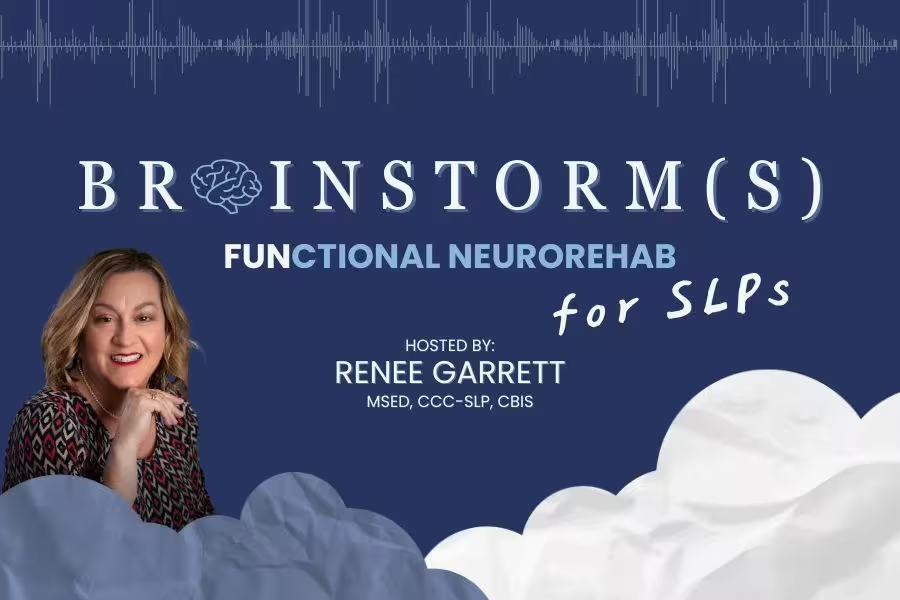The conversation also explores how trauma-informed care can be applied to address systemic adversity, neurodiversity, and other key topics within DEI frameworks. You'll come away with practical insight into how trauma shapes behavior, communication, and connection.
Whether you’re new to trauma-informed care or seeking to deepen your approach, this episode will challenge you to move beyond checklists and into a more embodied, relational understanding of trauma and its effects.




















